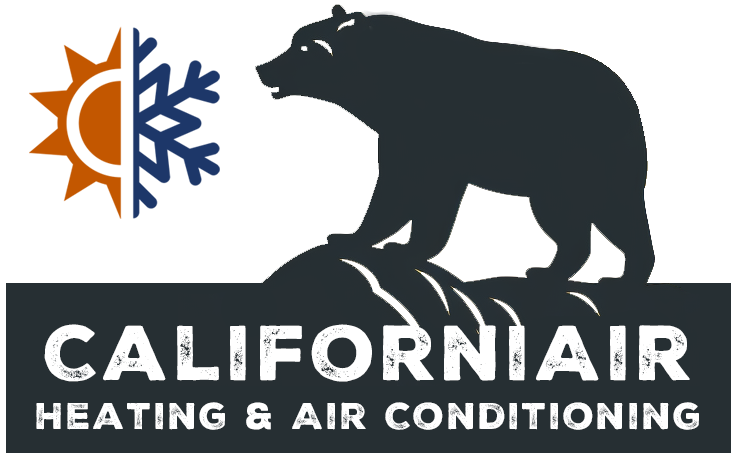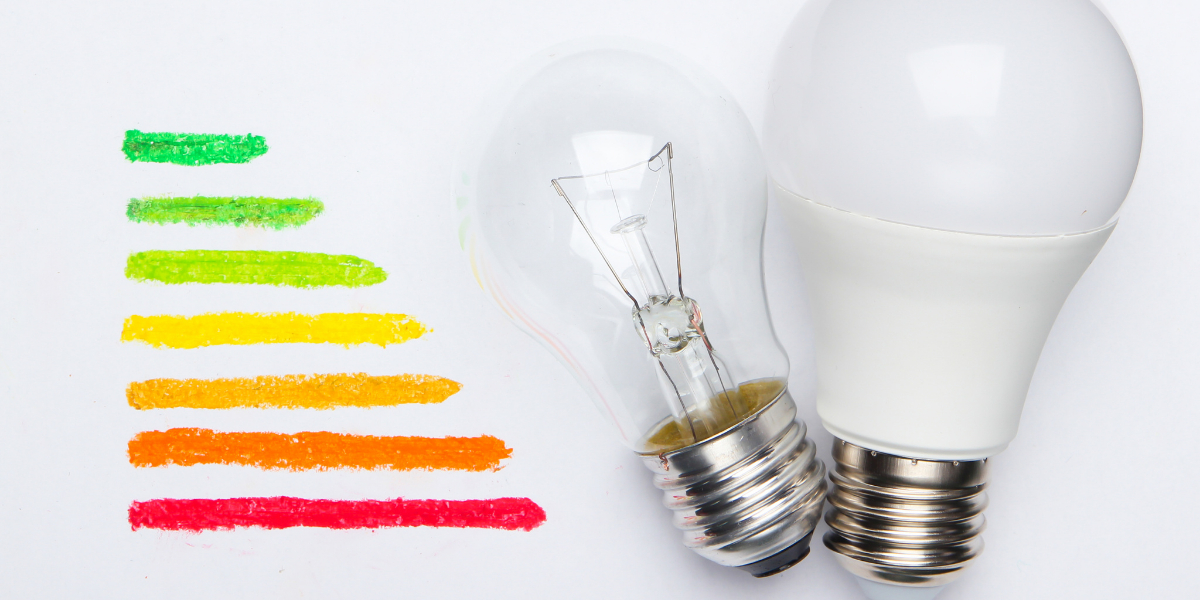As homeowners seek more sustainable and cost-effective solutions for heating and cooling their homes, the importance of efficiency ratings for heat pumps cannot be overstated. Deciphering these ratings, particularly the Coefficient of Performance (COP) and Energy Efficiency Ratio (EER), is crucial in making informed decisions about which heat pump is best suited for one’s needs. In this guide, we’ll delve into what these ratings mean, why they matter, and how to select a heat pump with optimal efficiency for your climate and requirements.
Understanding COP and EER
Before diving into the specifics, let’s clarify what COP and EER represent:
Coefficient of Performance (COP)
The COP is a measure of the efficiency of a heat pump, representing the ratio of heating or cooling provided to the amount of electrical energy consumed. Essentially, it indicates how much heat or cooling the system can produce per unit of electricity input. The higher the COP, the more efficient the heat pump.
Energy Efficiency Ratio (EER)
Similar to COP, EER is a measure of a heat pump’s efficiency but focuses specifically on cooling performance. It represents the ratio of cooling output to electrical input during a typical cooling season. Again, a higher EER signifies greater efficiency in cooling.
Importance of Efficiency Ratings
Efficiency ratings like COP and EER are crucial for several reasons:
Cost Savings
Heat pumps with higher COP and EER ratings generally consume less electricity while providing the same level of heating or cooling compared to less efficient models. This translates to lower utility bills over the long term, offering significant cost savings to homeowners.
Environmental Impact
Higher efficiency heat pumps consume less energy, leading to reduced greenhouse gas emissions associated with electricity generation. By choosing a more efficient model, homeowners can contribute to environmental sustainability and reduce their carbon footprint.
Comfort and Performance
Efficient heat pumps not only save money and energy but also tend to provide more consistent heating and cooling, maintaining comfortable indoor temperatures regardless of external conditions.
Selecting the Right Heat Pump
When selecting a heat pump for your home, consider the following factors to ensure optimal efficiency:
Climate
Different heat pumps perform better in specific climates. For colder regions, where heating demand is higher, prioritizing a heat pump with a high COP is essential to ensure efficient heating even in low temperatures. Conversely, in warmer climates, focus on a model with a high EER for efficient cooling performance.
Size of the Home
The size and layout of your home influence the size and type of heat pump needed. An oversized or undersized unit can lead to inefficiencies and increased energy consumption. Consult with a professional to determine the appropriate size and capacity for your home.
Energy Efficiency Features
Look for additional energy-saving features such as variable-speed compressors, smart thermostats, and zoning capabilities. These features optimize performance and further enhance energy efficiency, particularly in homes with varying heating and cooling needs across different rooms or areas.
Manufacturer Ratings and Reviews
Research different heat pump models from reputable manufacturers and pay attention to their COP and EER ratings. Customer reviews and independent evaluations can also provide valuable insights into real-world performance and reliability.
Efficiency ratings such as COP and EER serve as valuable tools for homeowners seeking to make informed decisions about heat pump installations. By understanding these ratings and considering factors such as climate, home size, and energy efficiency features, homeowners can select a heat pump that offers optimal performance, cost savings, and environmental benefits. Consulting with HVAC professionals and conducting thorough research will ensure that you find the perfect balance between efficiency, comfort, and affordability for your home.
FAQS
The ideal COP or EER rating for a heat pump depends on various factors, including your climate, the size of your home, and your specific heating and cooling needs. Generally, higher ratings indicate greater efficiency, but it's essential to balance efficiency with other factors like upfront cost and long-term savings. Consulting with a professional HVAC technician can help determine the optimal rating for your circumstances.
Climate and location play significant roles in determining the most suitable efficiency ratings for a heat pump. In colder climates, prioritizing a high COP rating ensures efficient heating performance, especially during winter months. Conversely, in warmer climates, focusing on a high EER rating for efficient cooling is crucial. Understanding your region's typical weather patterns and heating/cooling demands is essential for selecting the right heat pump.
Yes, upgrading to a more efficient heat pump can lead to significant savings on utility bills over time. Higher COP and EER ratings mean the heat pump consumes less energy while providing the same level of heating or cooling, resulting in lower electricity costs. While the upfront cost of a more efficient unit may be slightly higher, the long-term savings in energy bills typically outweigh the initial investment, making it a cost-effective choice for homeowners.

